By: KH Dr Mujahidin Nur Lc MA, MUI Information and Communication Commission administrator Executive Director of the Peace Literacy Institute Indonesia
If you look carefully at the inscription on the armband worn by the captain of every team in the 2002 World Cup in Qatar, there you will find the sentence #SaveThePlanet.
A campaign for football fans to worry about global warming (climate change) which causes the average temperature of the atmosphere, sea and earth’s land to increase due to the concentration of greenhouse gases.
As a result, the world is hit by drought, floods and forest fires everywhere in addition to tropical diseases such as malaria, dengue fever, yellow fever, and others that stalk human life.
Also Read: The Forty-Four-Days of Glory: Azerbaijan’s Struggle for Justice and Peace
Apart from the campaign tires for concern over climate change that are used by the captains of the same nationality, the support for creating peace and independence for Palestine is also massive and echoes the voices of football lovers through the #FreePalestine tires, the Palestinian flag and the support of the football fans who were present in Qatar through the song Rajawi Falestin which is now viral throughout the world.
The world cup is like becoming a giant movement by utilizing more than 5 billion football-loving communities around the world to protect the planet from destruction and sow peace for the Palestinian people.
An impressive moral movement that is considered by many as the right way to campaign for concern for climate change and the endless human tragedy in Palestine.
Football has a magnet that attracts the attention of more than half of the world’s population. Billions of people follow every game with great happiness, whether they come directly to Qatar or those who watch on the live streaming network and television.
Also Read: Palestine Solidarity Month: A Collective Movement for Al-Aqsa and Palestine’s Freedom
In football, primordial boundaries are melting. The background of ethnicity, religion, race, intergroup (SARA) is not a barrier to their togetherness. Everyone only has one identity, footballer, soccer player.
Besides football is also full of positive emotions. The fans only have one feeling, dream, hope and vision. Namely, the success and victory of his favorite team in every match.
Football fans will continue to support their favorite club regardless of the SARA background of the line-up. This is what happens in football which may rarely happen in other sports. Because of this, many people, including the authors, assess football as a potential pillar of world peace.
To convey messages of humanity and peace from football fans around the world, in 2013 an organization called Fotball for Peace (FFP) emerged. FFP was founded by Kashif Siddiqi (Pakistani-born British footballer) and Elias Figueroa (FIFA legend from Chile) in addition to this organization being formally supported by the United Nations.
Also Read: Hassan al-Turabi: A Controversial Thinker from Sudan
Elias Figueroa first campaigned in South America with the motto “Futbol Por la Paz (Football for Peace)” in 2006.
In America, the campaign was well received, then it was carried over to Europe, Asia, the Middle East, Africa and the Far East. Today, FFP is free in London, Chile, India and Liberia.
In 2016, the FFP top two, Pele and Ronaldinho, visited London for the inauguration of the “Diplomatic Football Peace Ball.” The event was sponsored by Prince Ali Bin Al Hussein, son of the Kingdom of Jordan, as patron member of the charity. From here, we know football for world peace.
So far, it cannot be denied that conflicts and social tensions that occur in the world are often motivated by SARA differences. Radicalism and terrorism, for example, are born from religious people’s unpreparedness to face differences so that religious thinking is haunted by fanaticism, that only their religion is the most correct.
Also Read: Who Exactly is the RSF Group Shaking Sudan?
Seeing other people have different rituals, beliefs, and religious behavior creates conflicting emotions and desires. Thoughts that never existed in the heads of fans or football players.
At least we can learn from Mohammad Salah, Sergio Mane, Naby Keita and Ibrahima Konate, Liverpool football team players. They are Muslim geniuses among Liverpool’s other non-Muslim players.
However, the problem of the religion of Muslim players in front of Liverpool’s management and fans is not a problem at all. This is an important lesson from the world of football, which underlies efforts for world peace.
Manchester United is also home to Muslim players, including: Zidane Iqbal, Adnan Januzaj, Marouane Fellaini, Ahmad Diallo, and Paul Pogba. Likewise, Manchester City with its Muslim players such as: Yaya Toure, Samir Nasri, Edin Dzeko, Riyad Mahrez, and Ilkay Gundogan.
Also Read: The Two-State Solution (Palestine–Israel) in Historical Perspective
What is important to learn from is not about the existence of Muslim players, but the perspective that respects the professionalism of Muslim players. This award is a prerequisite for creating world peace.
This respect and appreciation must be implemented in personal, family, community and national life as an effort to create peace.
Therefore, the Global Peace Foundation campaigns for the importance of respecting other people’s cultures (https://www.globalpeace.org/). Because from appreciation, acceptance will be born, and from acceptance of other people, a harmonious life will be born.
The most concrete example is how we can appreciate and respect the differences in culture, religion, nationality of others as in the world of football.
Also Read: Enchanted by K-Dramas, Dragged into Slander: Time for Muslims to Rise!
The world of football rejects attitudes and behaviors that differentiate other people (otherness). Sybille Reinke de Buitrago (2019) said that current and past conflicts are evidence that other people have negative biases, both with differences and by keeping a distance from other people.
Therefore, considering others as different but equal is a beneficial effort to promote peace. Buitrago also added that the assumption that different people are equal creates tolerance for differences. Relationships and social interactions are balanced. (Handbook of Critical International Relations, Routledge, 2019).
Balanced social relations and interactions despite the different backgrounds shown by the world of football. However, there is another side of football that we cannot ignore, namely the political involvement of the international football organization, FIFA.
At this year’s world cup, FIFA excluded the Russian representative football team from the 2022 Qatar World Cup until further notice.
Also Read: Creating Opportunity and Avoiding Misery; Lesson Learn on Waste Recycling Issue
According to the author, the existence of allegations of political interests intervening in FIFA will bias the world of football and will become a serious problem for FIFA’s independence, because if FIFA is not independent then football will not be able to maximize its role as a pillar of world peace.
As a result, the author is of the view that football as an effort for world peace must indeed be moved and fought for. In the world of football, there is clear evidence that differences can be well accepted, while identity politics is seriously rejected.
Hopefully, the world of football can become a shared inspiration to respect each other’s differences as a prerequisite for realizing world peace. Because peace is the right of all human beings regardless of their ethnicity, class and religion. (T/RE1)
Mi’raj News Agency (MINA)
Also Read: Between the Treaty of Hudaybiyyah and Ceasefire in Gaza






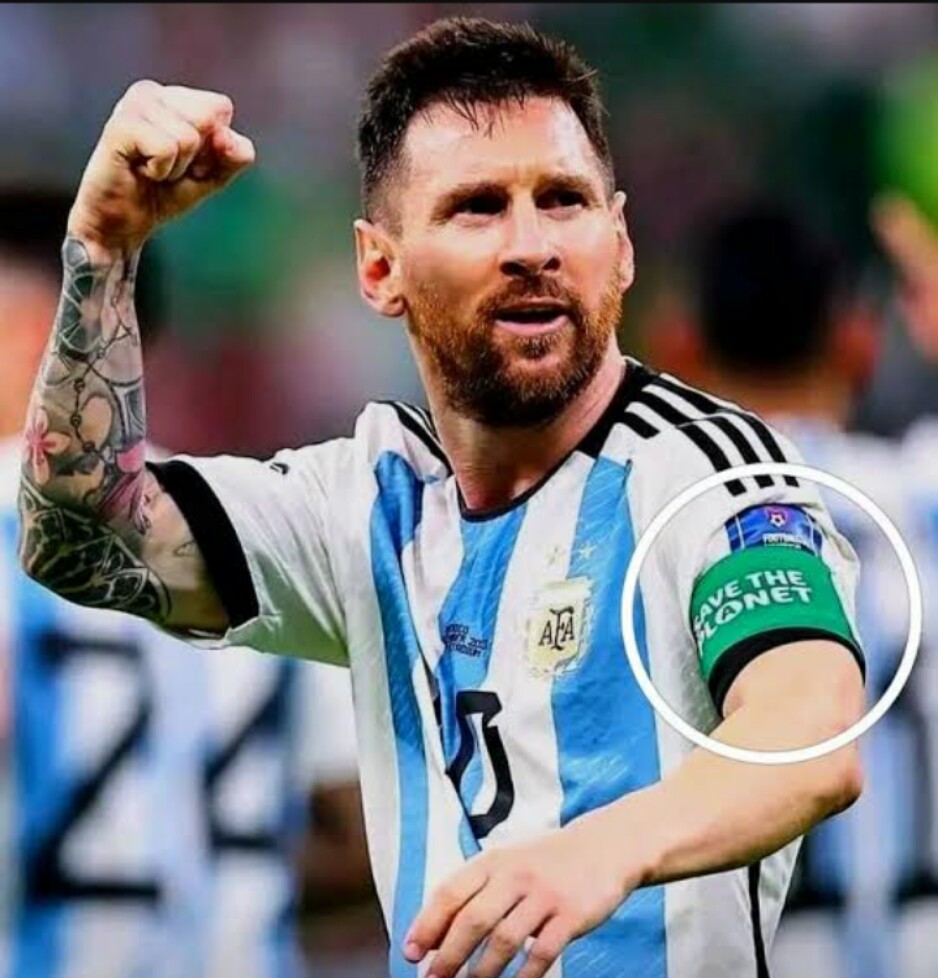

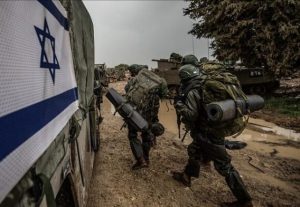



![Israeli tanks and APC’s gather by the Israeli – Lebanese border. Amid Israel’s escalating campaign against Hezbollah in Lebanon on September 30, 2024. [Erik Marmor/Getty Images]](https://en.minanews.net/wp-content/uploads/2024/10/IMG_20241001_203226-300x197.jpg)




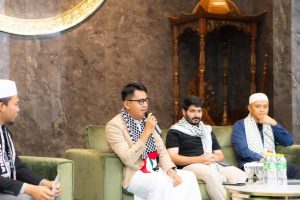
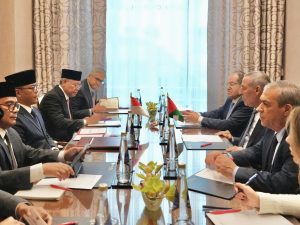
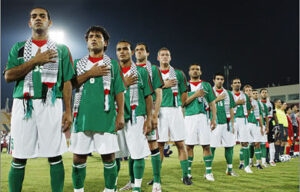
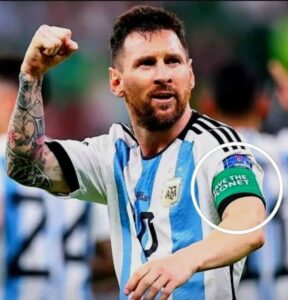
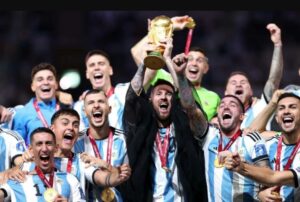










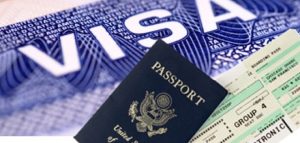



 Mina Indonesia
Mina Indonesia Mina Arabic
Mina Arabic